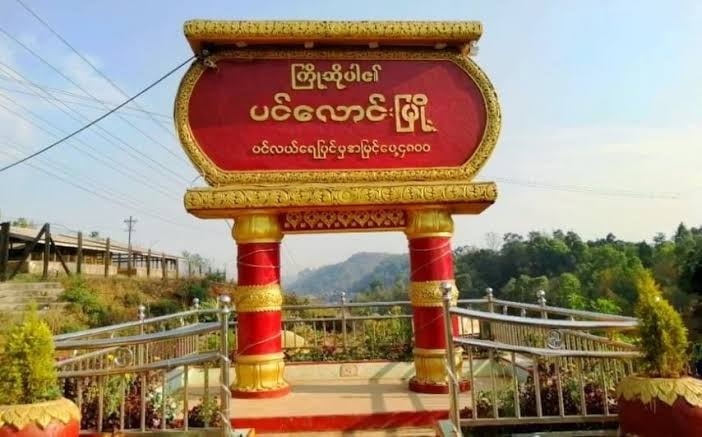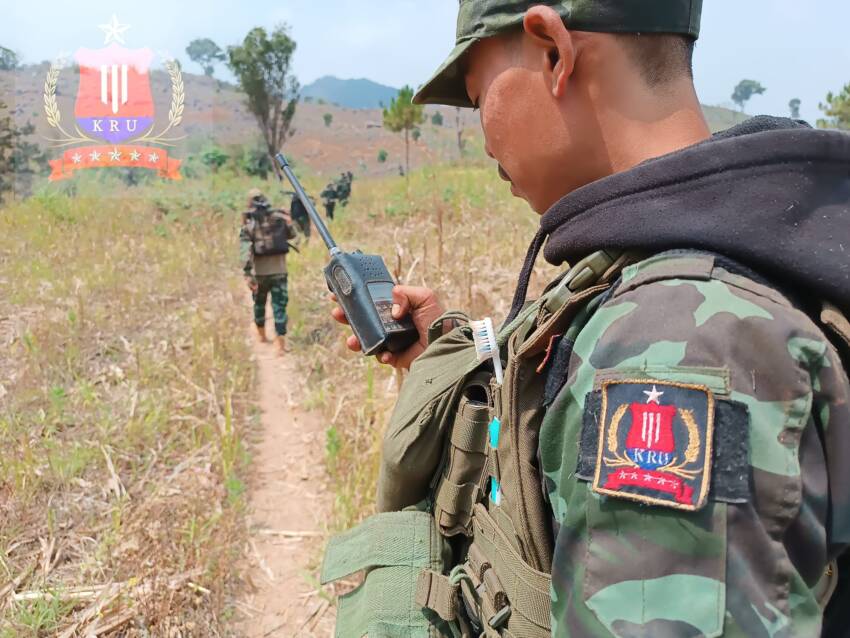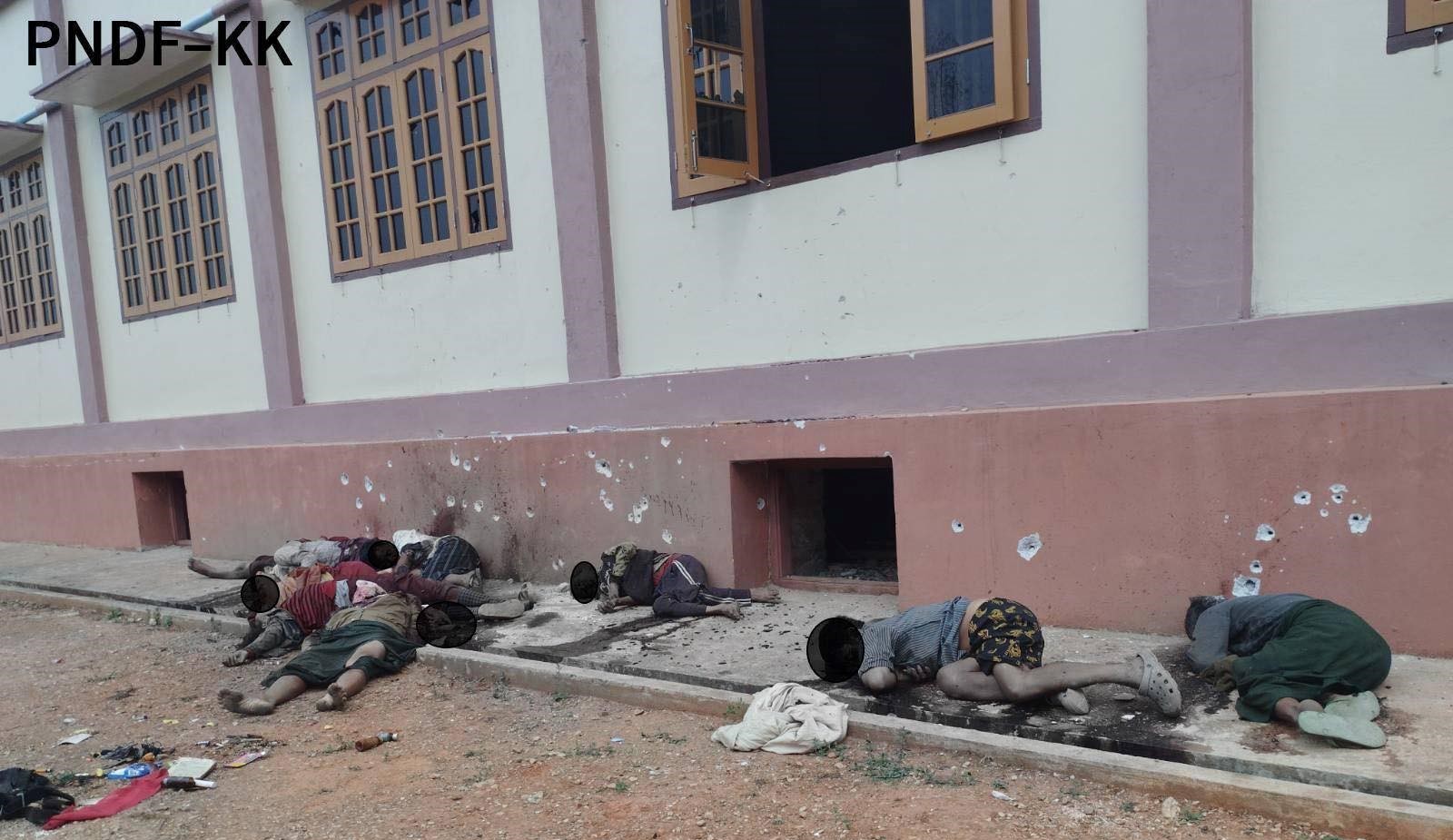CNI News
18 Mar 2023
Politicians have called for prevention of racial conflicts between the Pa-O and the Karenni due to the murder of more than 20 local residents including three monks in Namnane (Namnamt) village in Pinlaung Township in Shan State (South).
In addition to the Pa-O, the Myanmar military and resistance forces have exchanged accusations against each other.
At present, racial and religious conflicts between the Pa-O and the Karenni are being incited, Chairman Khun Myint Tun of the Pa-O National Federal Council said.

A scene in Pinlaung Township.
Khun Myint Tun said we regret that the military junta is wickedly inciting racial and religious conflicts between the Pa-O and the Karenni. Although Pinlaung and Saungpyaung areas are included in the Pa-O Self-Administered Zone, they are not resided by the Pa-O only. As the saying goes, there is the Pa-O, there is the Karenni and there is the Karenni, there is the Pa-O. The Karenni and the Pa-O have been residing in the areas like sibling or a family. Therefore, I call for the Pa-O people and the Karenni people not to believe in the propaganda lies of the military junta and to foster the family spirit without allowing it to disintegrate."
He also urged the PNO/PNA miliitia led by Patron U Aung Kham Hti to review their policy of cooperation with the military junta.
Resistance forces in the entire country are required to stand on a common stance at present and should resolve issues through negotiations among themselves, Rakhine Politician U Pe Than told the CNI.

Members of the KRU.
He said, "As resistance forces have failed to forge an alliance or agree to a charter, there is horizontal as well as vertical friction among them. Friction can also be caused by incitement of the military. All EAOs in the entire country are required to stand on a common stance and resolve their issues through negotiations. It is possible to resolve issues through such means. It is impossible to settle the disputes by only two parties involved in the disputes. All parties must be involved to achieve a genuine solution. If they raise their voice only, they will be exploited by the enemy."
There are 135 officially recognized ethnic groups in Myanmar, according to government agencies.
As Myanmar is such an ethnically diverse country, there are sometimes territorial disputes and religious and racial conflicts.




